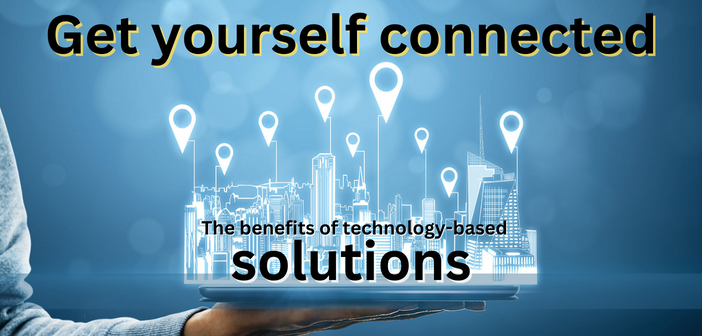Examining the benefits of implementing technology-based solutions
You don’t have to look very hard to see the far-reaching impacts that technology has had on the hospitality industry. On the whole, operations are easier, safer, and more efficient thanks in large part to technological innovations that continue to propel the industry forward.
Thanks to new innovations, every process at a hotel – including organization, coordination, communication, and implementation – is being automated at a dizzying pace. This includes relatively simple back-of-house tasks like workforce scheduling as well as high-stakes guest-facing touch points like the check-in process – all of which are being implemented with the big-picture goals of improving staff services and communication. These solutions create opportunities for greater guest satisfaction and improved employee morale.

Nupen Patel, Owner, K & K Hotel Group
For example, some properties are now utilizing digital tipping – also commonly referred to as mobile tipping – which allows guests to leave a tip for hotel staff members using their personal mobile devices. The tips are collected and distributed to the staff members through a secure digital platform. While this makes it easier for guests to tip the staffers, it also increases worker satisfaction because the increased options for tipping make it more likely they’ll get tipped in the first place.
However, despite this progress and the promise of continued evolution in this space, there remain some holdouts who aren’t comfortable using anything more sophisticated than a calculator and a spreadsheet. While it might be tempting to try and run a property using the simplest methods possible, in the long run, this head-in-the-sand approach to new tech is going to leave those reluctant souls far behind their competitors.
Take, for example, a hotel using a traditional PMS. This property is operating at an enormous disadvantage when compared to a competitor that’s using smart technology like a cloud-based PMS that automates their entire hotel operations. The latter property is enjoying greater operational efficiency, which then allows the staff to focus on those matters that a computer-based solution cannot.
PEDAL TO THE METAL
During the pandemic, the hotel industry experienced a seismic shift from “zero vacancy” to “zero occupancy.” As a result, COVID-19 only sped up the already-accelerated rate of industry-wide tech-adoption. While some of this continued growth can be attributed to the natural evolution of the industry, many of these new solutions were born out of immediate necessity. Take, for instance, smart services like self check-in and contactless service, though once considered unnecessary add-ons, these became crucial offerings in the post-pandemic world. The health and safety risks of the virus, combined with travel restrictions and the economic downturn, have forced every hotelier into one of two realities: inaction and possible bankruptcy or immediate action and continued growth opportunities. Those who have been making aggressive investments and leveraging new technologies to improve and elevate their guest offerings are now in the best position to survive in this post-pandemic environment.
IT’S GO TIME
Though it can be tempting to use periods of industry unrest to sit and wait, these are often the best times in which to assess current operations and identify areas where improvement is desperately needed. Put another way, there is untold potential for growth in every setback, and the hoteliers who used the pandemic as an opportunity to evaluate their operations with an eye to the future are reaping the benefits of that foresight now while the hoteliers who sat on the sideline and waited for more certain economic conditions to return are playing catch-up.
And, if you’re somehow still considering technology in the industry as a passing fad, consider that the global smart hospitality industry is expected to be worth nearly $50 billion by 2027 at a compound annual growth rate of 29.8% during the next four years. In layman’s terms, this means you ain’t seen nothin’ yet with regards to new tech in hotels. From the moment a room is booked until the guest checks out, hospitality service providers can streamline the experience at every touchpoint, and the options for doing so are only getting more robust and easier to use.
Ultimately, the convergence of digital technologies like robots, connectivity solutions, and analytics is culminating into the development of an experience-driven, customer-first ecosystem, and this is being implemented at properties across the world, including at those run by your competition.




